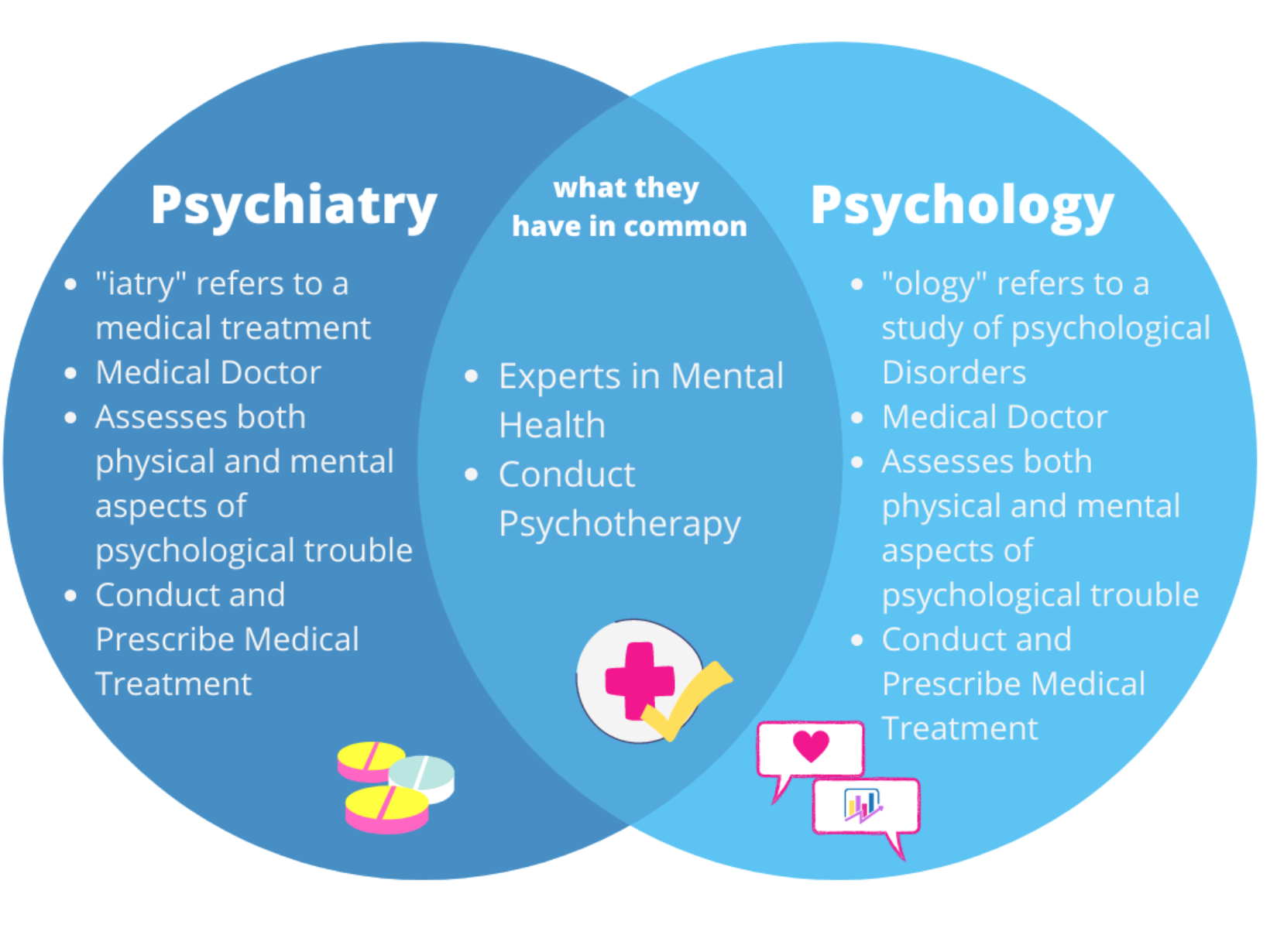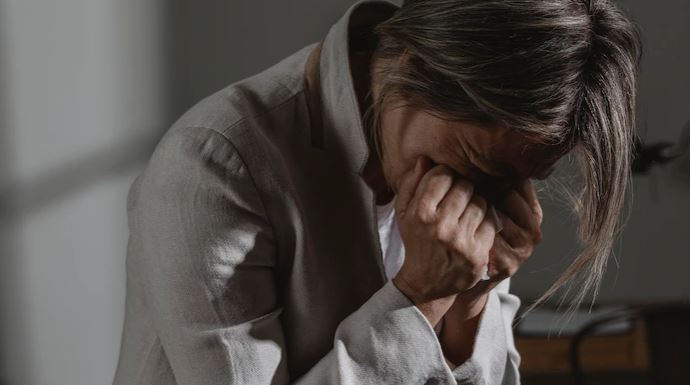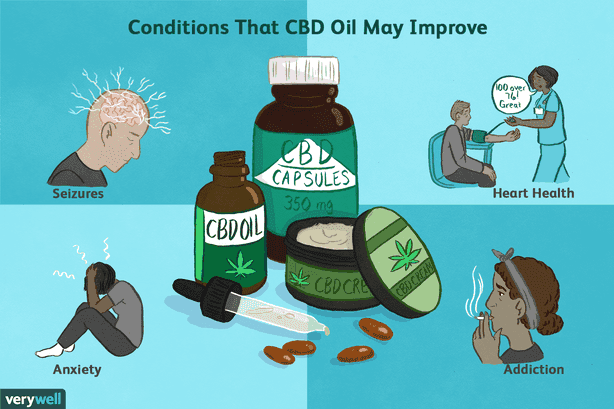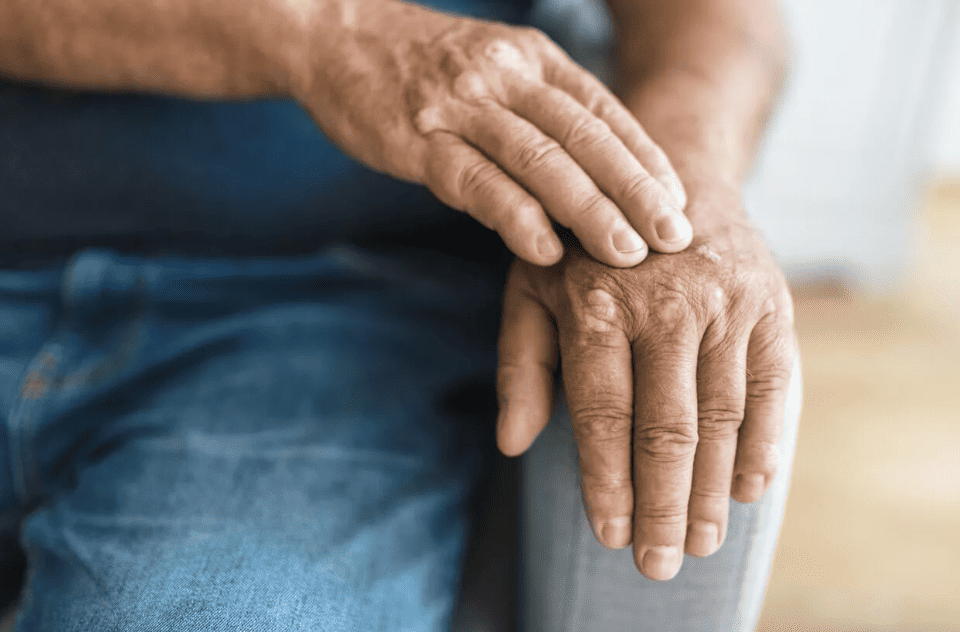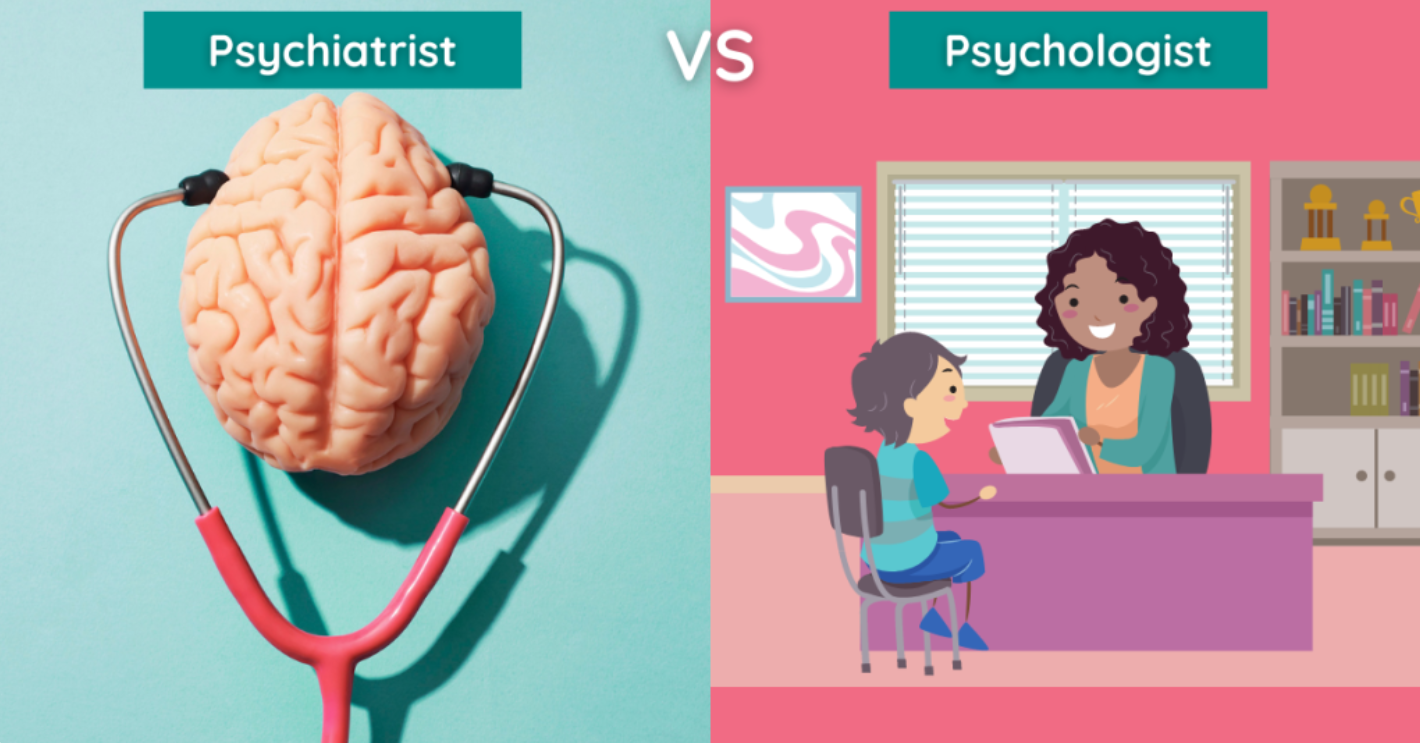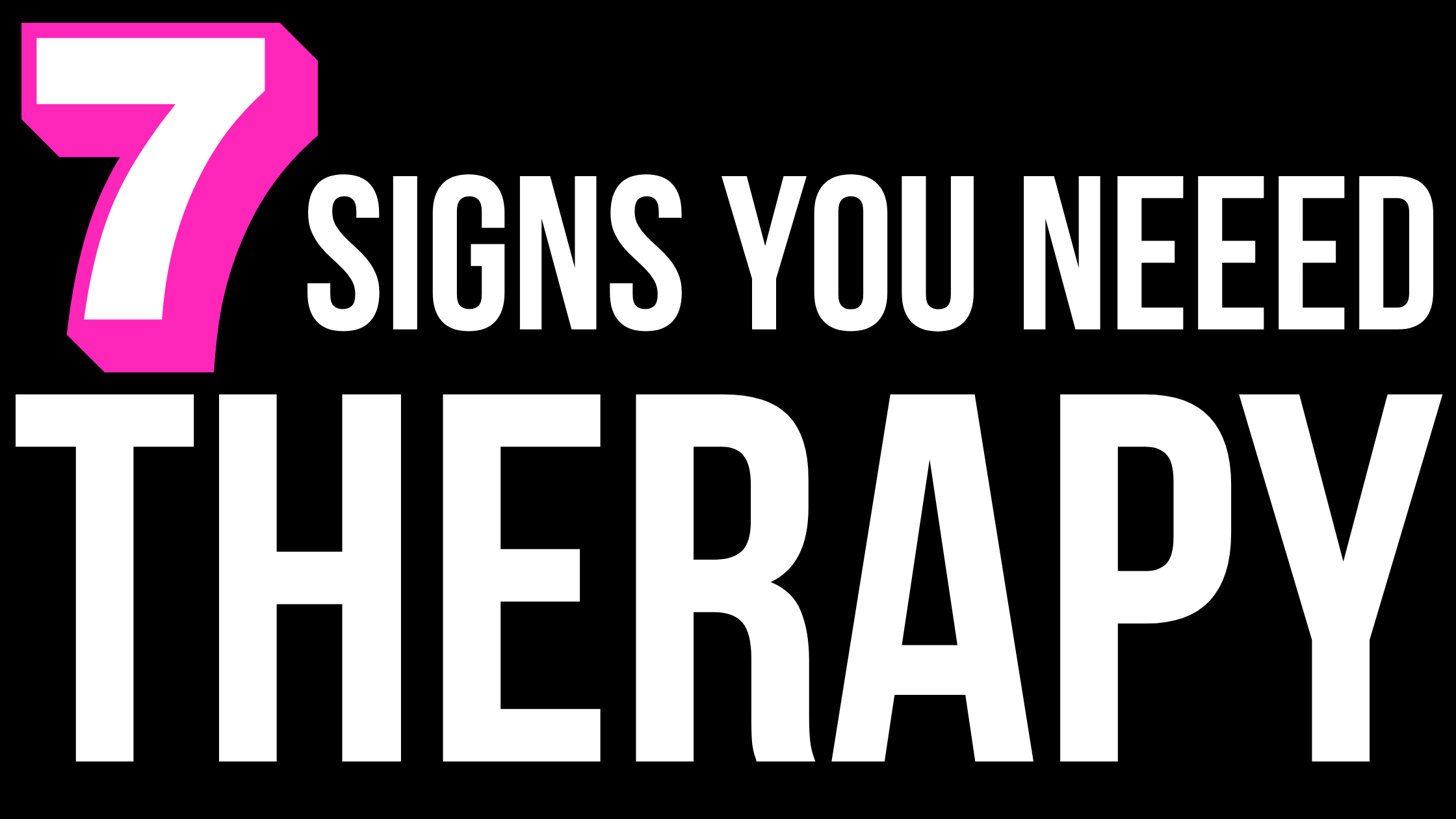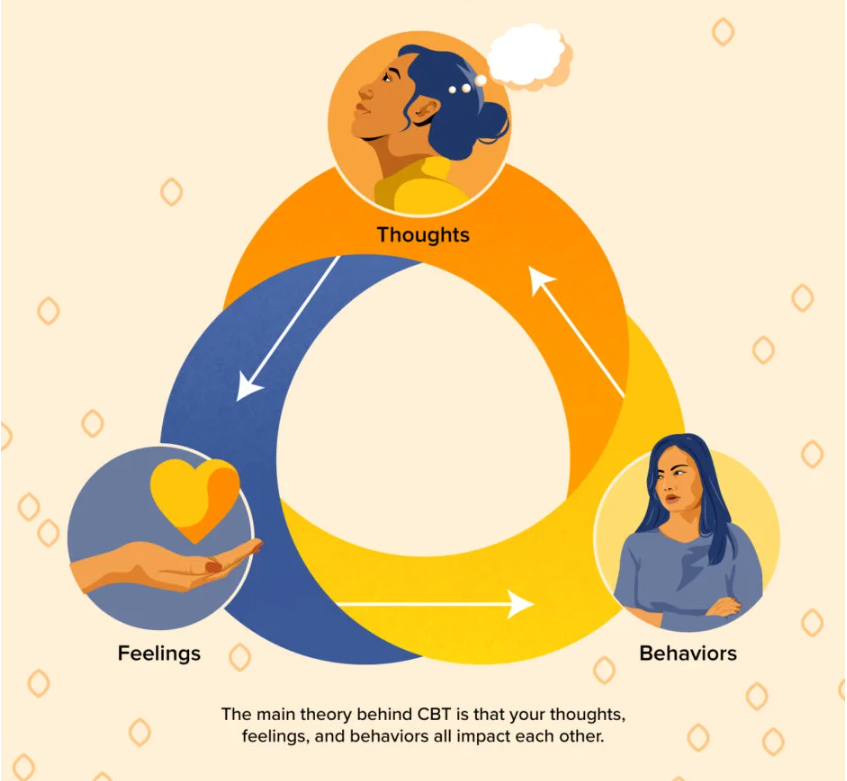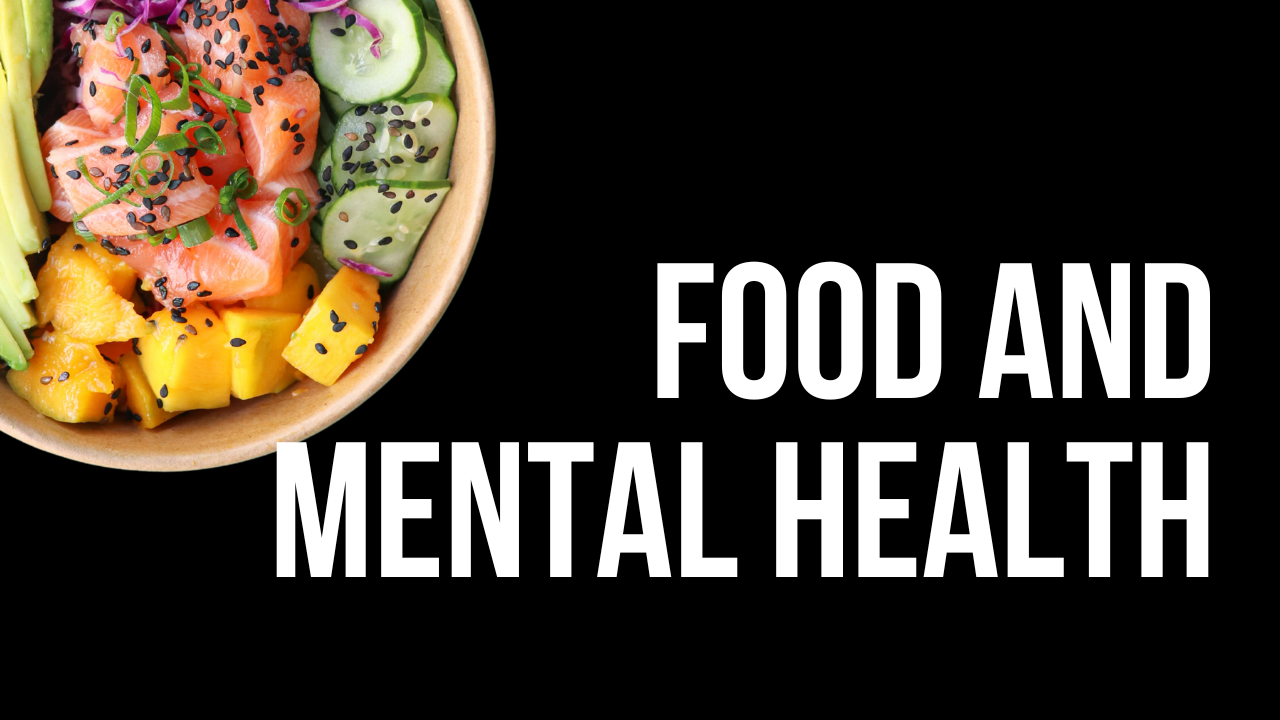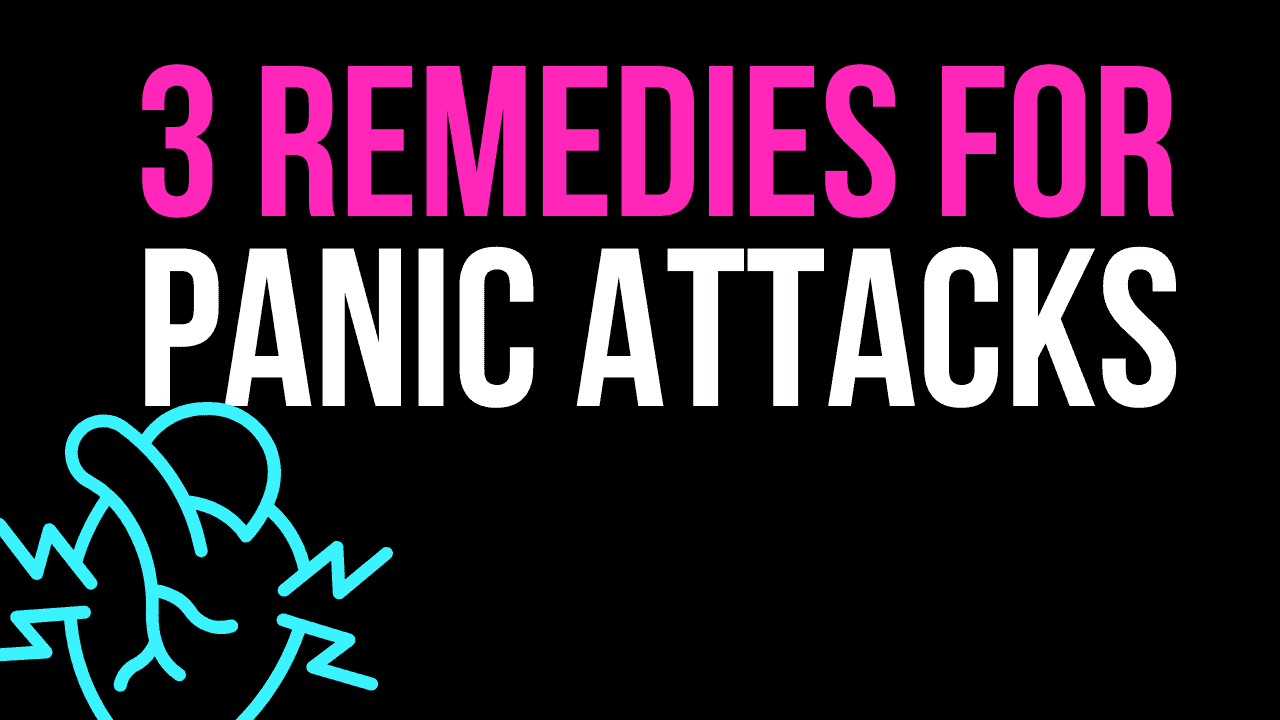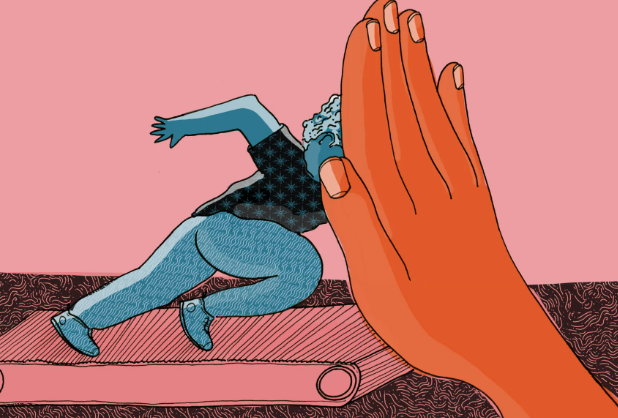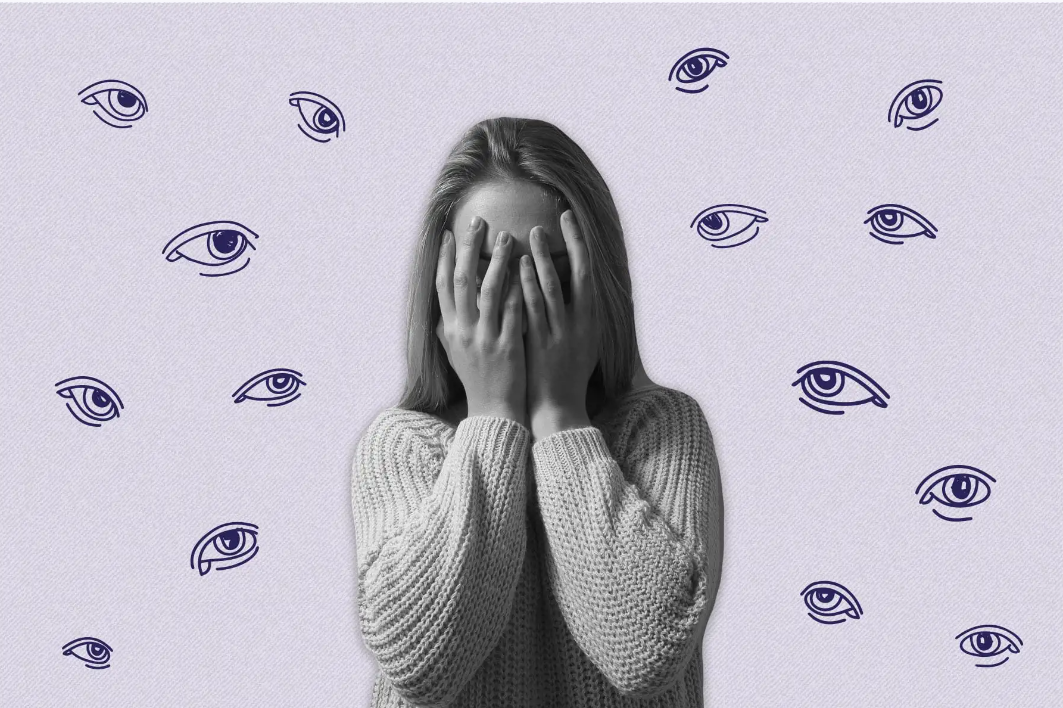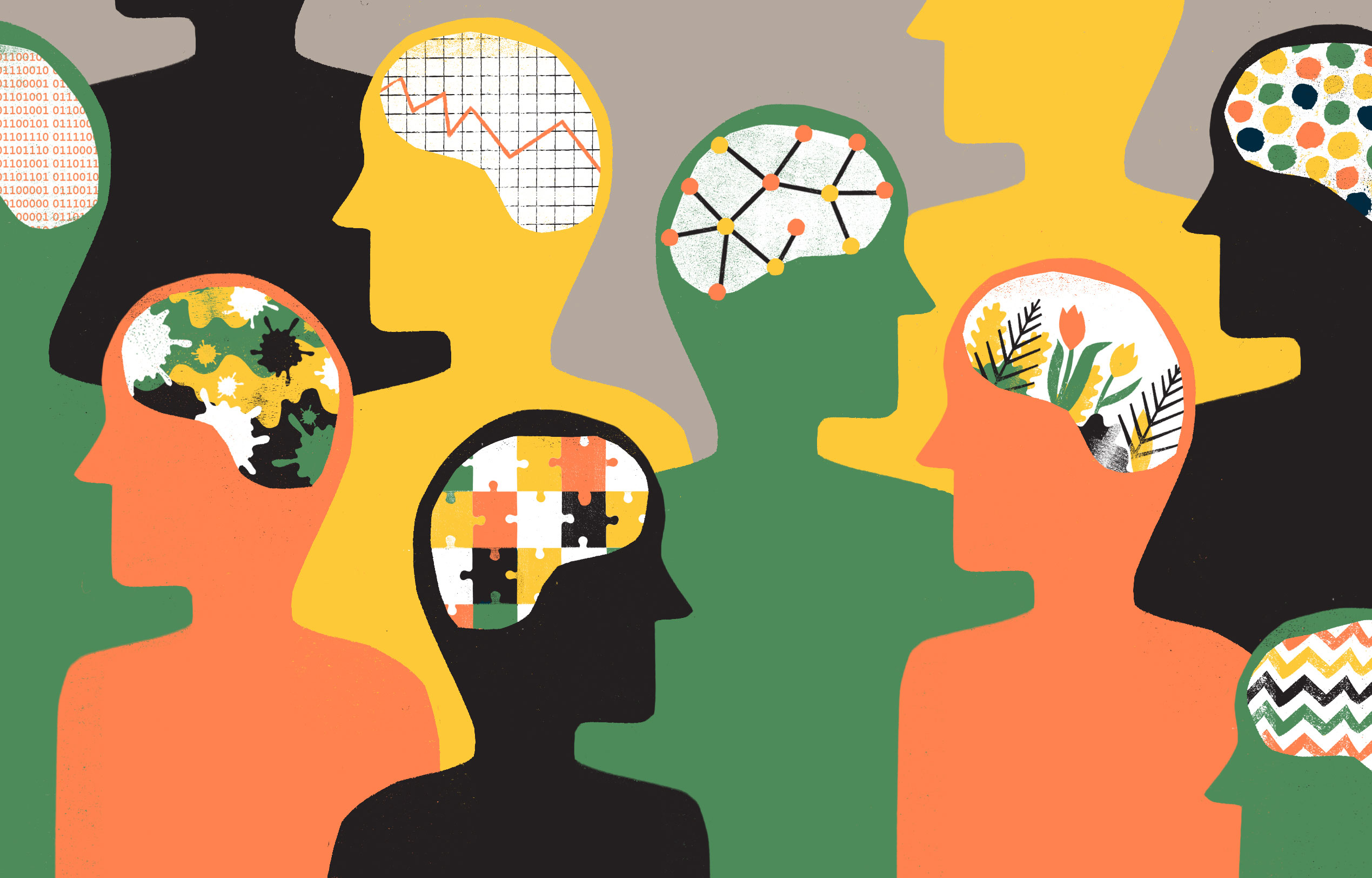what is an ANXIETY DISORDERS?
 At its core, anxiety is a fundamental human response deeply ingrained in our psyche. It represents the apprehension that naturally arises when we confront uncertain outcomes or potential challenges—an evolutionary mechanism designed to alert us to potential dangers.
At its core, anxiety is a fundamental human response deeply ingrained in our psyche. It represents the apprehension that naturally arises when we confront uncertain outcomes or potential challenges—an evolutionary mechanism designed to alert us to potential dangers.
However, anxiety becomes a matter of concern when it transcends the realm of ordinary worry, transforming into a persistent and distressing emotional state. Think of it as the sensation of a rapidly beating heart, a mind consumed by ceaseless thoughts, and a tightening in the chest—these are the hallmark indicators of anxiety symptoms.
It’s that sensation of teetering on the edge, struggling to shake off a looming sense of impending doom, even when rationality suggests otherwise. Anxiety disorders encompass a spectrum of mental health conditions, each characterized by its unique triggers and manifestations of anxiety symptoms.
It’s that feeling of being on the edge, unable to shake off a sense of impending doom, even when logic dictates otherwise. Anxiety disorders are a cluster of mental health conditions that encompass a range of specific experiences, each marked by their unique triggers and symptoms.
SYMPTOMS of anxiety

Physical symptoms:
- Gut Sensations: A sensation of churning or knots in your stomach.
- Dizziness and Lightheadedness: Feeling light-headed or dizzy.
- Pins and Needles: Sensations of tingling, often in your extremities.
- Restlessness: An inability to sit still, accompanied by a constant need to move.
- Aches and Pains: Headaches, backaches, and muscle aches or pains.
- Increased Breathing Rate: Breathing faster than usual.
- Irregular Heartbeat: A fast, thumping, or irregular heart rate.
- Sweating and Flushing: Experiencing profuse sweating or sudden hot flushes.
- Sleep Disturbances: Difficulty falling asleep or staying asleep.
- Teeth Grinding: Particularly common during nighttime.
- Nausea: Feeling queasy or nauseated.
- Changes in Bathroom Habits: Altered frequency of needing to use the toilet.
- Sexual Changes: Fluctuations in sexual desire.
- Panic Attacks: Sudden and intense episodes of anxiety.
- Tension and Nervousness: A constant feeling of tension, nervousness, or an inability to relax.
- Dread and Worry: A sense of dread and fearing the worst.
- Time Perception Changes: Feeling like time is either speeding up or slowing down.
- Perceived Attention: Believing that others can see your anxiety and are scrutinizing you.
- Worrying About Worry: Feeling like you can’t stop worrying or fearing negative consequences if you do.
- Anxiety About Anxiety: Worrying about the occurrence of panic attacks or other anxiety-related events.
- Seeking Reassurance: Frequently seeking reassurance from others or worrying about people being angry or upset with you.
- Reality Concerns: Worrying that you’re losing touch with reality.
- Low Mood and Depression: Anxiety can often coincide with low mood and depression.
- Rumination: Engaging in repetitive thinking about negative experiences or situations.
- Depersonalization: A feeling of disconnection from your own mind or body, as if you’re watching yourself in a movie.
- Derealization: Feeling disconnected from the world around you or perceiving it as unreal.
- Future Worries: Excessive worrying about future events and uncertainties.
Several types of anxiety disorders exist:
- Agoraphobia (ag-uh-ruh-FOE-be-uh) is a type of anxiety disorder in which you fear and often avoid places or situations that might cause you to panic and make you feel trapped, helpless or embarrassed.
- Anxiety disorder due to a medical condition includes symptoms of intense anxiety or panic that are directly caused by a physical health problem.
- Generalized anxiety disorder includes persistent and excessive anxiety and worry about activities or events — even ordinary, routine issues. The worry is out of proportion to the actual circumstance, is difficult to control and affects how you feel physically. It often occurs along with other anxiety disorders or depression.
- Panic disorder involves repeated episodes of sudden feelings of intense anxiety and fear or terror that reach a peak within minutes (panic attacks). You may have feelings of impending doom, shortness of breath, chest pain, or a rapid, fluttering or pounding heart (heart palpitations). These panic attacks may lead to worrying about them happening again or avoiding situations in which they’ve occurred.
- Selective mutism is a consistent failure of children to speak in certain situations, such as school, even when they can speak in other situations, such as at home with close family members. This can interfere with school, work and social functioning.
- Separation anxiety disorder is a childhood disorder characterized by anxiety that’s excessive for the child’s developmental level and related to separation from parents or others who have parental roles.
- Social anxiety disorder (social phobia) involves high levels of anxiety, fear and avoidance of social situations due to feelings of embarrassment, self-consciousness and concern about being judged or viewed negatively by others.
- Specific phobias are characterized by major anxiety when you’re exposed to a specific object or situation and a desire to avoid it. Phobias provoke panic attacks in some people.
- Substance-induced anxiety disorder is characterized by symptoms of intense anxiety or panic that are a direct result of misusing drugs, taking medications, being exposed to a toxic substance or withdrawal from drugs.
- Other specified anxiety disorder and unspecified anxiety disorder are terms for anxiety or phobias that don’t meet the exact criteria for any other anxiety disorders but are significant enough to be distressing and disruptive.
TREATMENT for anxiety
Medications can’t cure an anxiety disorder, but they can improve symptoms and help you function better. Medications for anxiety disorders often include:
- Anti-anxiety medications, such as benzodiazepines, may decrease your anxiety, panic and worry. They work quickly, but you can build up a tolerance to them. That makes them less effective over time. Your healthcare provider may prescribe an anti-anxiety medication for the short-term, then taper you off or the provider may add an antidepressant to the mix.
- Antidepressants or SSRIs can also help with anxiety disorders. They tweak how your brain uses certain chemicals to improve mood and reduce stress. Antidepressants may take some time to work, so be patient. If you feel like you’re ready to stop taking antidepressants, talk to your provider first.
- Beta-blockers, usually used for high blood pressure, can help reduce some of the physical symptoms of anxiety disorders. They can relieve rapid heartbeat, shaking and trembling.
Get help for your anxiety
Our psychiatric and therapy providers at AMP Mental Health are dedicated to helping you get past your anxiety. Providers that specialize in anxiety are:
- Sandra Calzadilla (Therapy)
- Eva Gonzalez (Therapy)
- Morgan DeGilio (Therapy)
- Carolina Kaack (Psychiatry)
- Daniel Frutos (Psychiatry)
AMP- anxiety Blogs:
REQUEST AN APPOINTMENT
OUR OFFICE IS IN THE HEART OF MIAMI
1411 SW 22nd St
Miami, FL 33145
HEALING HOURS



